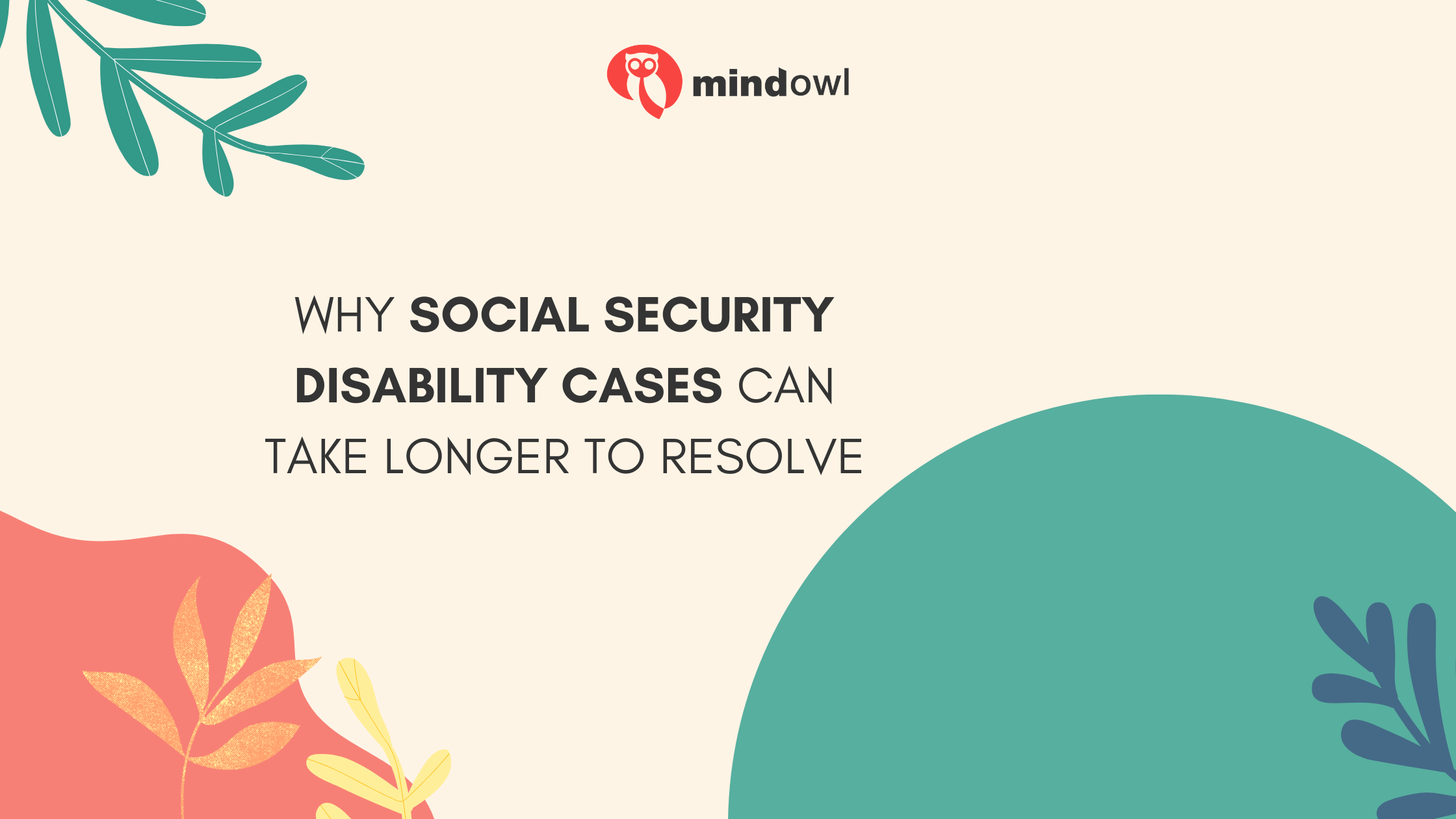In South Carolina, thousands of people apply for Social Security Disability benefits each year, often as a lifeline when health challenges make it impossible to work. Yet for many, the process feels painfully slow, with months—or even years—passing before a resolution. This waiting period can be overwhelming, especially when financial and medical needs are urgent. Understanding why these cases take so long is the first step toward setting realistic expectations and navigating the system with more confidence.
Factors such as the complexity of applications, backlogs at hearing offices, and the need for extensive medical documentation all contribute to delays. Knowing what to expect can reduce frustration and help applicants stay focused on the path ahead. With guidance from trusted disability lawyers, claimants can avoid common mistakes, strengthen their applications, and potentially move through the system more efficiently. This article explores the reasons behind delays and strategies to better manage them.
Complex Application Process
The first application for Social Security Disability is lengthy and thorough. It requires applicants to disclose a significant amount of personal information: medical reports, employment history, etc. Although this procedure is necessary, as it ensures the needed documentation at every step of the project, it can hamper the development process as well. It can take a while to compile all the evidence required, and submissions that are incomplete or contain errors are likely to face further delays.

High Volume of Applications
Millions of individuals apply for disability services every year, resulting in even longer processing times. Due to a limited number of personnel available for the task, not every case is worked on immediately. The volume creates a backlog, and the appeal process means longer waits.
Medical Evidence and Evaluations
Medical records are important for determining disability eligibility. However, healthcare providers may take days to release these records. Doctors and hospitals also have schedules and practices that don’t follow the applicant’s emergency. In addition, independent medical evaluations may be necessary in some cases, further causing delays.
Thorough Review and Decision-Making
It includes a thorough examination of all submitted materials. The decision maker also considers the applicant’s medical history, capacity to work, and certain information. The process ensures that only individuals who meet specific requirements receive benefits. However, this process slows things down since every case deserves attention.
Potential for Appeals
An applicant can appeal a denial of an application. The appeal process moves through a plethora of levels, making it a long and arduous journey. Each stage of reconsideration, hearing, and appeal adds time to the overall resolution process. Many cases now require the involvement of lawyers, which further slows down the process.
Backlog at Hearing Offices
A major point of congestion is at the court hearing. Administrative law judges handle cases after rejecting initial applications and reconsiderations. There are not enough judges to hear all those appeals, and so hearing offices are often backed up for months. It can take months just to schedule the hearing, which will delay the process even more.
Importance of Accuracy and Completeness
A fully completed, accurate application would positively impact processing time. This process is often delayed due to mistakes or missing information. Avoid unnecessary setbacks by making sure that all documentation is filled out correctly and that all necessary documentation is included.
Role of Representation
If you have a good representative who has experience with this process, that could change the timeline. With extensive knowledge of the process, seasoned professionals can assist applicants in ensuring that they submit well-prepared and accurate applications. They may also aid in collecting any needed medical evidence and can help represent clients in appeals, possibly shortening the wait time.
Impact of Policy Changes
Changes in policies and regulations can also influence the timeline for resolving cases. Some could change the documentation needed or the criteria to qualify for them. Such changes can cause temporary slowdowns in processing as both applicants and officials familiarize themselves with new procedures.
Managing Expectations
Is it essential to understand that some cases for Social Security Disability take some time? Patience and preparation are key. Applicants should prepare for possible delays and keep a record of everything submitted and any communications they have had with the authorities. Staying informed about the progress of your application can help manage expectations during this typically lengthy process.
Conclusion
As anyone familiar with Social Security Disability cases knows, many aspects of these claims contribute to delays in receiving decisions. The entire process, from the description of the application process to the scope of appeals, takes time.
However, the waiting time can be irritating, and, therefore, if you know in which conditions delays are likely to occur, you can better prepare yourself to deal with them. With thorough preparation and perhaps some professional guidance, applicants can give themselves the best chance possible for a smooth application process.
Our own struggles in life have led us to this path of understanding the human condition. United by a shared curiosity for the mind and what it means to be human, we’ve each walked a journey shaped by personal challenges and a deep interest in helping others grow. Over the last eight years, our work has centred on exploring how meditative practices meet modern approaches to psychological wellbeing.

